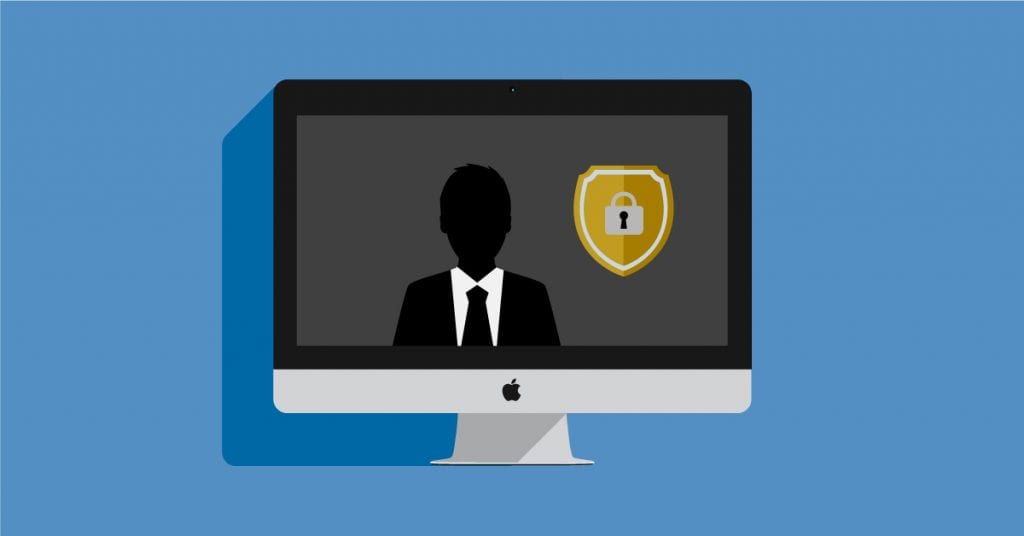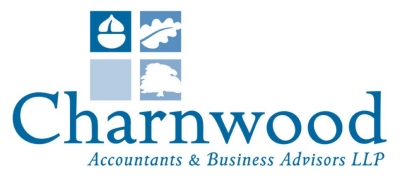
Fraud! Protection against fraudsters can often seem daunting and expensive, the key is to remain vigilant and be prepared to take action to protect your business. Criminals use a variety of tools and techniques, with some of the most common ways businesses are affected through minor changes in communication. If there is any communication or transaction that you are unsure of do not move forwards until you have discussed it with your senior management team.
Fraud can come from anywhere; suppliers, staff, customers and third parties. Below we have detailed three of the most prominent areas to be aware of and how to stay safe.
Suppliers
Not necessarily the fault of the supplier, however they may be a victim of fraud and begin a chain of problems for their customers. Often in the form of a change of bank account details, appearing on your usual invoice, fraudsters can take thousands of pounds before the supplier or you are aware.
It is always recommended to phone any suppliers that change their details, from their address to bank details, to ensure both you and they are protected from any fraudulent activity.
Cloned e-mail addresses
With advances in technology criminals have been found to clone e-mail addresses of staff within businesses, allowing them to send unsolicited emails and invoices. All details and communication will appear as they should and usually do, with no reason to suspect that it is not genuine.
Best practice for businesses would be to ensure that all invoices are printed and signed by an authorised person prior to processing payment. If you believe there to be any issues or something doesn’t seem right about the email be sure to phone the business and/or colleagueand double check.
HMRC Phone Calls
There has been an increase in the number of fraudulent phone calls from individuals claiming to be from HMRC and threatening legal action against your business. Should you receive a phone call from someone claiming to be from HMRC, ensure that you do not provide any information over the phone or make any payments. Inform them that you will be in touch with your accountants who will confirm all details. Your accountant will contactHMRC on your behalf to ensure any and all communication is legitimate.
The important thing is to be sceptical, question communication, information and opportunities. Ensure that you and your staff have a clear understanding of your business and howyou operate through to your target market – this will help you to realise when something isn’t right.
Be sure to regularly check your bank statements, have a clear understanding of your payment methods, who checks the legitimacy of payments and who has the authority to make payments through your business. We can support if you have any questions or concerns, please do not hesitate to get in touch.
